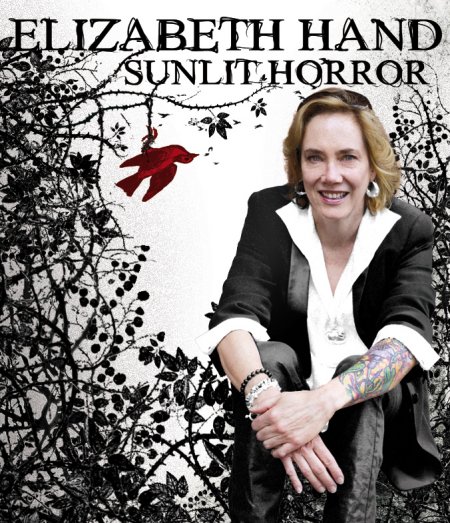Publishers Weekly chats with Liz about her upcoming novel Hokuloa Road, isolation, climate chance, and the Hawaii the tourists don’t see.
I’m fascinated by folklore, and setting determines so much about how a folklore develops. Dog spirits, the kaupe, are recurring characters in Hawaiian lore; I wanted to embellish while being respectful. Hawaii is a remote place that was a sovereign nation, and there’s a lot of politics around that. There’s a great deal of income disparity, as there is in Maine. There are wealthy Covid refugees who can afford to move to the islands, and then there’s also a terrible housing shortage—there are houseless camps, and quite a few resort employees, people in the service industry, just living on the beach, because they can’t afford a place to live.
